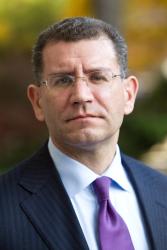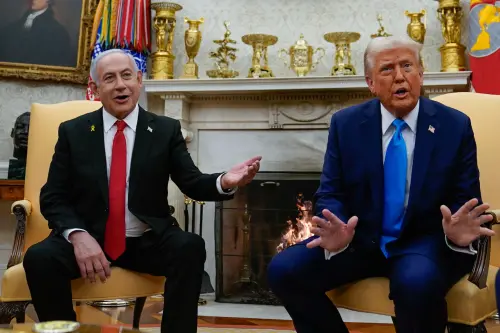

10:30 am EST - 12:00 pm EST
Past Event
10:30 am - 12:00 pm EST
1775 Massachusetts Ave., NW
Washington, DC
President Bush has announced what he and the administration have called a new direction in U.S. policy for Iraq. The president has called this a strategy that will help the Iraqis achieve the objective of a country that can govern, sustain, and defend itself. The White House has said this is a broad and multi-faceted strategy that will have military, economic, and political fronts.
On January 11, leading Brookings experts representing a broad spectrum of disciplines examined the implications of President Bush’s new foreign policy initiative. Specifically, they reviewed the details of the Iraq strategy, assessed if it will work or should be modified, determined how to best measure success or failure, explored what would be the consequences of that failure, and considered alternative options. Participants in the first public discussion included Sarah Binder, senior fellow, Governance Studies; Philip H. Gordon, senior fellow; Martin S. Indyk, senior fellow and director, Saban Center for Middle East Policy; and Kenneth M. Pollack, senior fellow and director of research, Saban Center for Middle East Policy. Carlos Pascual, vice president and director of Foreign Policy Studies, moderated the panel.



Omar Shaban
April 24, 2025

Sharan Grewal
April 2, 2025

Shibley Telhami
March 26, 2025